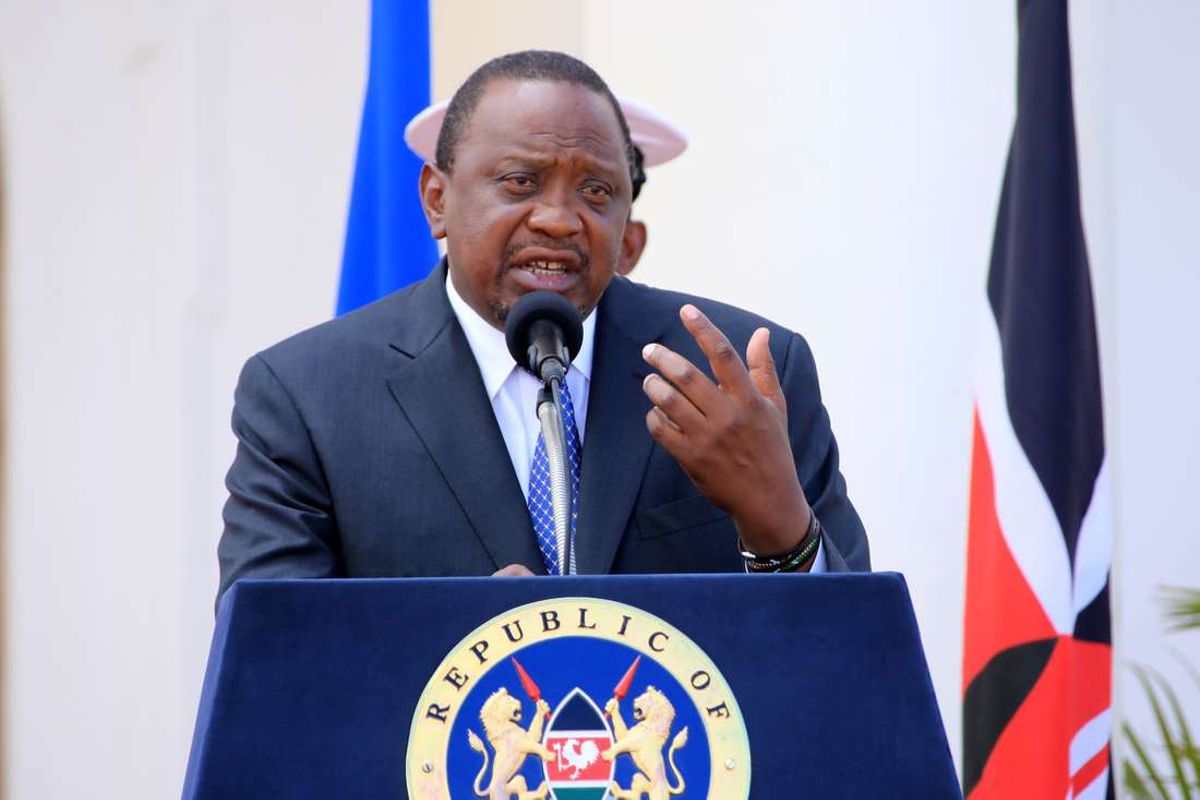
President Uhuru Kenyatta’s Jamhuri Day Speech, with the rallying call “Returning the River to its Course,” included a declaration that “the rule of law, good governance, integrity, transparency and accountability are the pillars of our constitutional democracy.” According to the president, these are “the golden thread that is woven across the entirety of our supreme law.” Kenyatta’s speech included language such as “the shared values of the people of Kenya” and an exhortation that it is our “solemn duty” to enforce the Constitution.
Since Kenyatta became president, this was the first time that language to do with accountability, or upholding the Constitution, has found its way into his speech. After speaking for seven years now, the content of Kenyatta’s speeches, during all major occasions, has become predictable. The president will usually pay tribute to the founding fathers, remind the audience that Kenya underwent terrible colonial rule that left the country poor and marginalised.